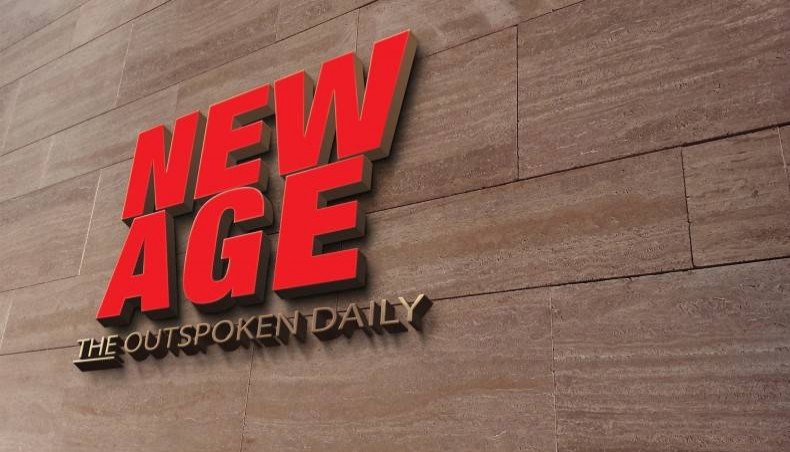French pharmaceutical group Sanofi announced on Tuesday that it is being investigated by the EU as part of a probe into its practices in the hugely-competitive flu vaccine sector.
The European Commission said early Tuesday it had carried out surprise inspections of a company active in the vaccines sector.
It did not name the firm nor say in which country the raids were taking place, though it specified investigators were joined by competition authorities of the member state affected.
The European Commission said it has ‘concerns that the inspected company may have violated EU antitrust rules that prohibit abuses of a dominant market position’.
In a statement, Sanofi said it ‘confirms that representatives of the European Commission visited Sanofi’s headquarters in France and Germany on September 29, 2025, as part of an investigation into its conduct in the seasonal flu vaccine sector’.
Sanofi said it was confident that it had ‘complied with the relevant rules and regulations’.
The Commission had indicated it was in particular looking into alleged anticompetitive disparagement, in which companies talk down the products of rivals.
‘In particular, the Commission is investigating possible exclusionary practices that may amount to anticompetitive disparagement.’
The group said that it would not comment further at this stage.
The raids do not mean the company in question is guilty of anti-competitive behaviour, the commission said.
Surprise inspections are a preliminary investigatory step and there is no legal deadline to complete inquiries into anti-competitive conduct.
Flu vaccines are a major business for Sanofi, which develops several such products. They are widely administered as part of annual national vaccination campaigns, such as the one that will begin in France on October 14.
Its competitors include the US company Viatris and the Australian company CSL Seqirus.
After briefly plunging up to 2.7 per cent following the announcement, Sanofi’s shares recovered significantly as the Paris Stock Exchange closed, losing only around 0.5 per cent.
